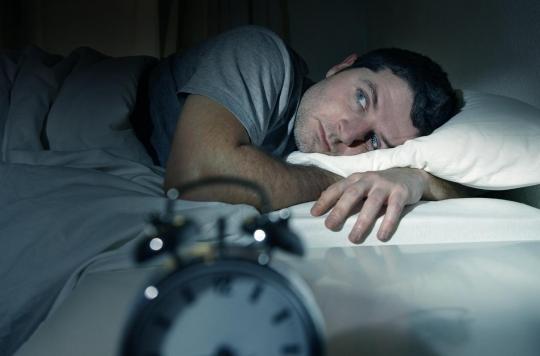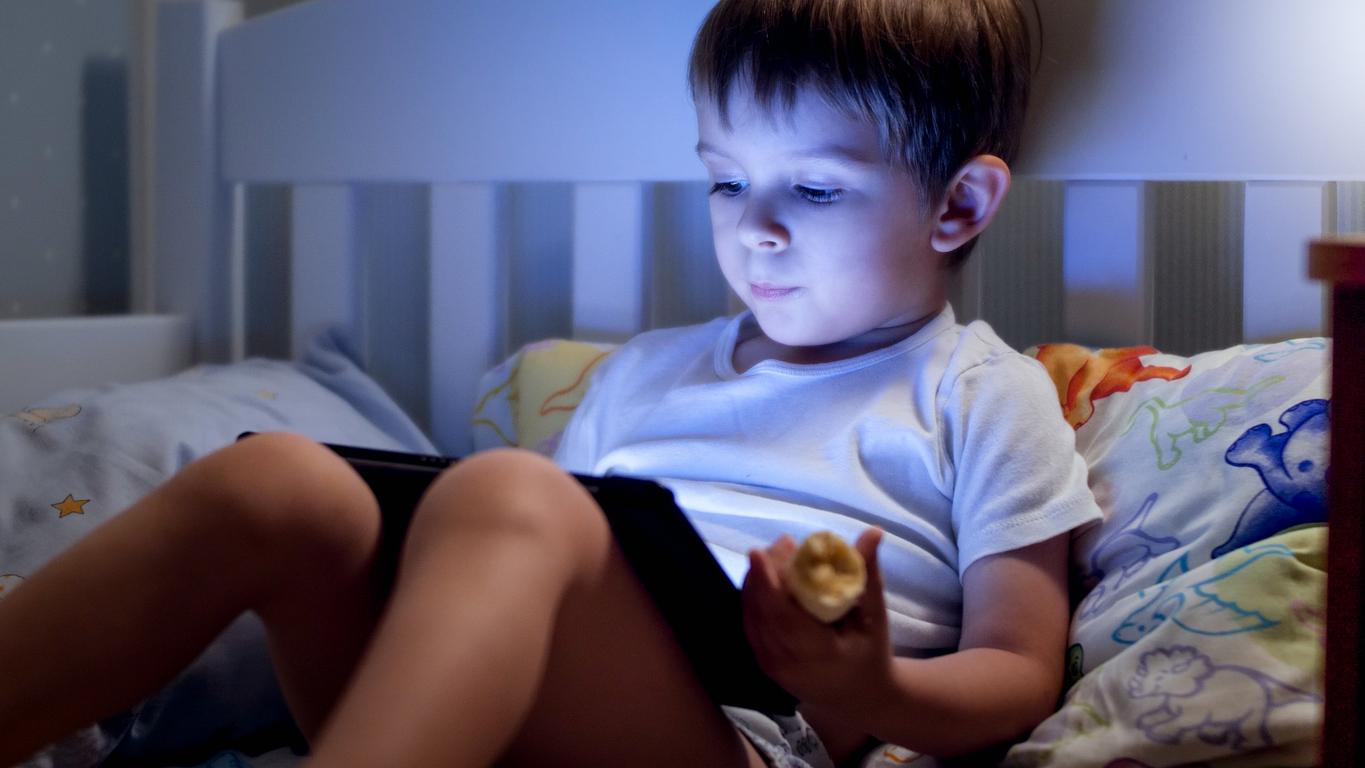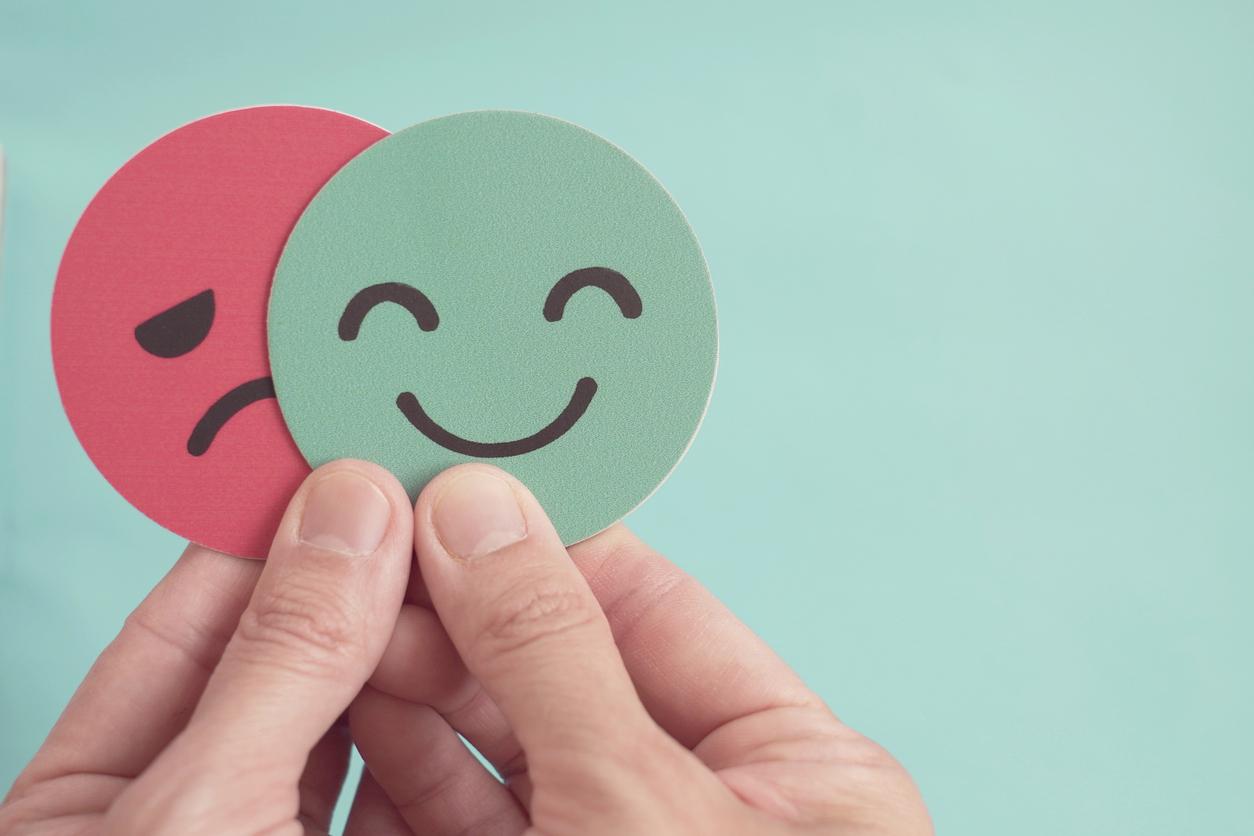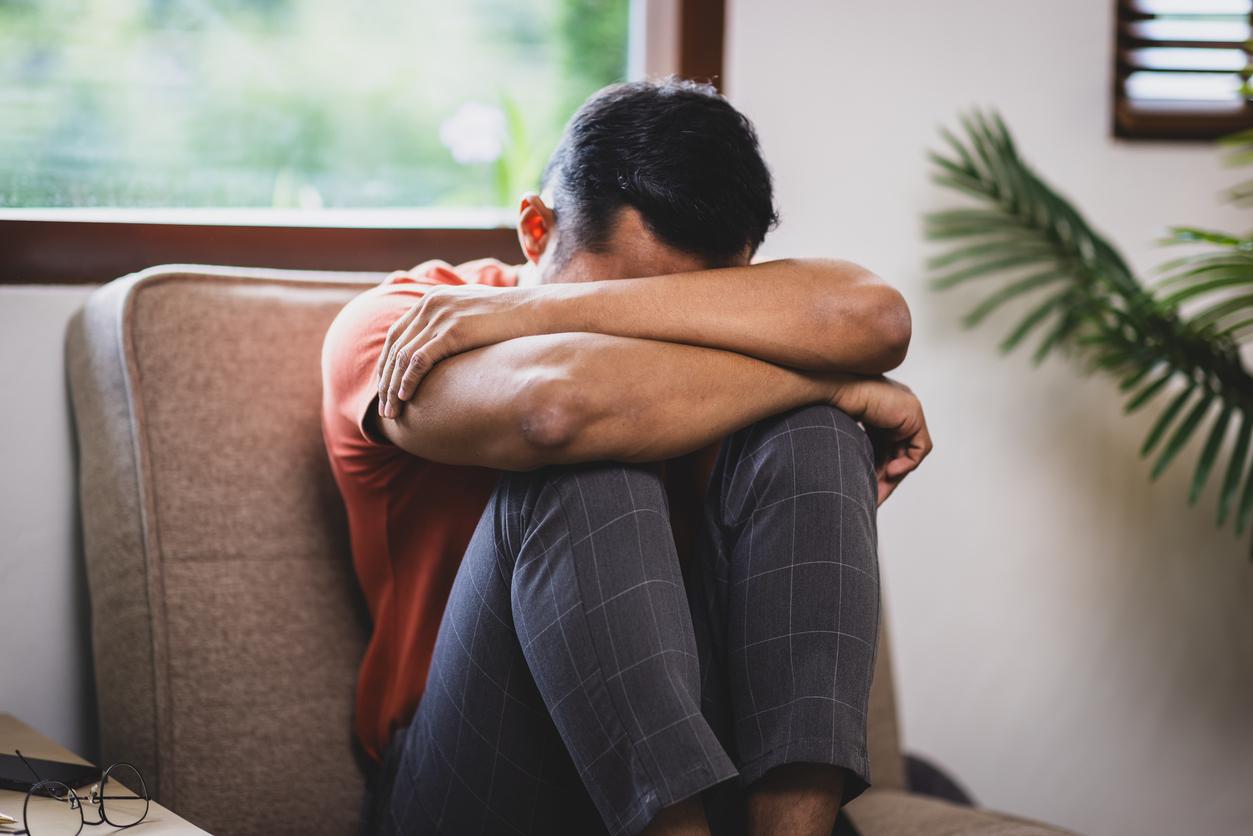Little sleep for five nights in a row has negative consequences on emotional reactions, according to a new study.

- The link between sleep and mental disorders has already been established
- New study shows lack of sleep for 5 consecutive nights alters emotional responses
Sleep is health. Bad or too little sleep increases cardiovascular risks and promotes weight gain and depression. While the confinement imposed to fight against the coronavirus disrupts everyone’s sleep habits, a new study published in the Journal of Sleep Research goes in this direction. According to the researchers, sleeping poorly five nights in a row would have harmful consequences on emotional reactions.
To reach this conclusion, researchers from the University of L’Aquila (Italy) followed 42 people for two weeks, in a counterbalanced order of experiments. Subjects were tested in the morning after five nights of normal sleep and after five consecutive nights of restricted sleep (five hours). During the test, they had to evaluate images specially selected by the scientists.
The latter then found that the participants perceived pleasant and neutral images in a more negative way when they had been prevented from sleeping beforehand. On the other hand, they observed no significant difference in the classification of unpleasant images.
“Our findings have potential implications for everyday life”
“Insufficient sleep can impose a negative emotional bias, leading to an increased tendency to rate emotional stimuli as negative”, comments Professor Daniela Tempesta, lead author of the study. According to her, these results are very important, the chronic lack of sleep of the populations being a problem largely underestimated at present. “Given the pervasiveness of sleep deprivation in modern society, our findings have potential implications for daily life, as well as in clinical settings.”she concludes.
Several studies have already made the link between sleep and mental disorders. Recently, studies have revealed that children who do not get enough sleep are more prone to depression, anxiety and impulsiveness. It would also tend to decrease their cognitive performance. “Our results show that children who slept less than 7 hours per night were 53% more likely to develop behavior problems compared to those sleeping between 9 and 11 hours and the total cognitive score was 7.8% lower on average.. They emphasize the importance of getting enough sleep for cognition and mental health in children”the researchers noted.
The French sleep too little and badly
In France, it has been repeatedly shown that most adults sleep too little and badly. According to a barometer from Public Health France published about a year ago, during the week and during work, the daily sleep time is less than seven hours. Precisely 6:34 a.m. (excluding siesta). During holidays or weekends, the French, on the other hand, sleep 7h12 on average. That’s still less than the eight hours recommended by most scientists. Most often, experts attribute this loss of sleep time to screens or noise pollution.
In a survey carried out on the occasion of World Sleep Day last year, 85% of French people questioned had also declared that they wake up at least once a night and take an average of 39 minutes to fall back asleep. As a result, 43% of the adult population would have already consulted a healthcare professional for sleep disorders.

.

















